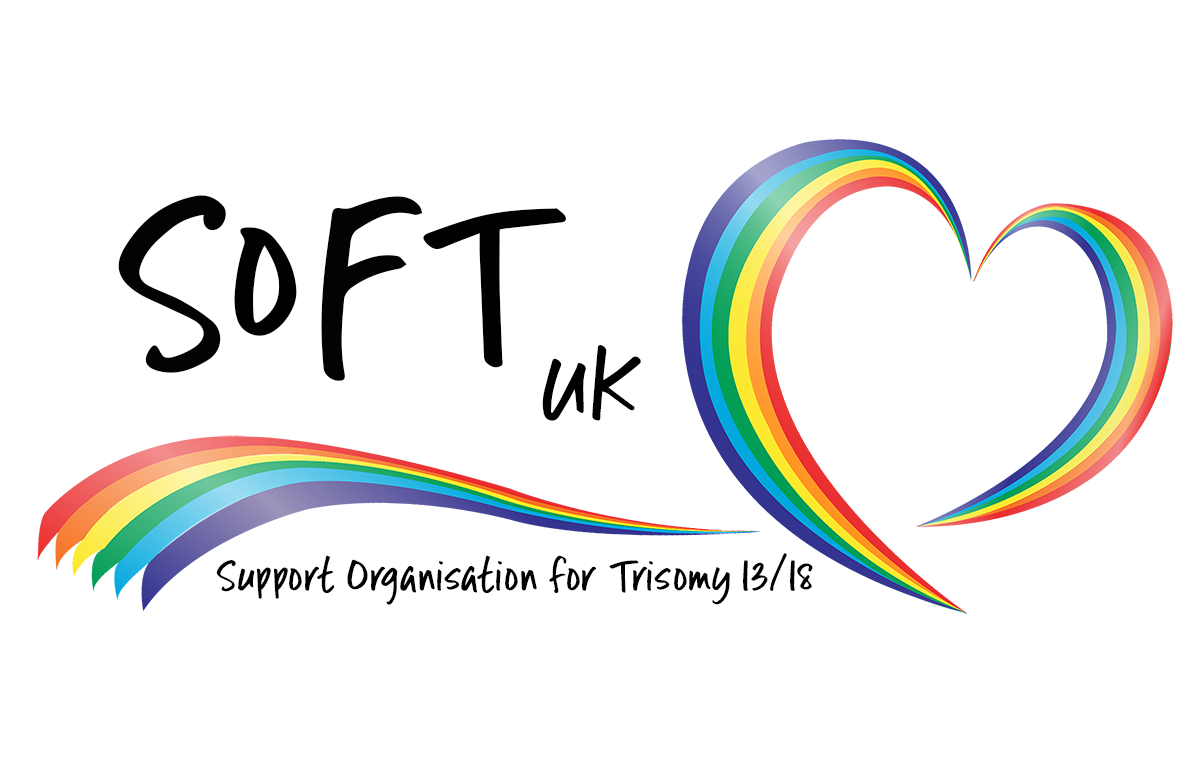I’m Ali Brett, Bereavement Midwife at Ipswich Hospital, Suffolk. I have been a midwife for 23 years and in post for 4 years. We have approximately 3,600 births per year, a level two neonatal unit and a fetal medicine consultant. We refer to tertiary hospitals for further diagnosis or if pregnancies become too high risk for our unit.
My main philosophy is to ensure that families are at the centre of care, with a team of well trained, compassionate, understanding staff to listen, support and guide them.
When screening diagnosis confirms concerning news of a baby who may have a life limiting condition, I am invited to provide enhanced antenatal support to them.
As their advocate, it is vital to ensure couples know that I am here to ensure that their thoughts and wishes are implemented.
Through open access via an office phone with voicemail, mobile phone and email, I am responsive to the needs of the couple and can offer home visits, regular phone calls and texts (whatever their preference) I am guided by their requirements. I can attend antenatal appointments and scans, whatever the couple need.
In 2017 I cared for three families whose babies had Edwards Syndrome, the first baby is amazing and now 3 years old, the second baby sadly passed away just hours after birth and the third baby died in utero. Each family are very special to me as I learned from their strength of love and commitment to their baby when the world feels against them.
As their midwife, I had to quickly develop strong links with the local children’s hospice and the neonatal unit to gather a support network for the families. A referral to the Petals counselling service for psychological support during pregnancy is also available. This has become a pathway for other families whose babies are diagnosed with life threatening conditions during pregnancy and birth.
Listening and understanding what is important to the couple helps them cope with their situation but also makes their experience very positive. One mum knew that she needed to have a legacy for her son, she expressed her breast milk for the neonatal milk bank to support other babies, long after her son died. I am always open to thoughts and wishes and will do my best to make this happen.
By organising regular multi-disciplinary team meetings with the couple, we are able to document a secure plan for pregnancy, birth and the neonatal period. The mode of delivery is always a sensitive discussion; how much monitoring during labour and resuscitation immediately after birth are key factors. Often couples take weeks of thoughts, questions and queries and answers are occasionally ‘we will know more on the day’ but by exploring all options there is a reassurance and clarity in the management plan.
This year we cared for two families whose babies both died shortly after birth, this is tragic for the whole wider family, but with careful planning and individual wishes made, the families gave positive feedback about their care. For me, this bring a new level of fulfilment to my role.
